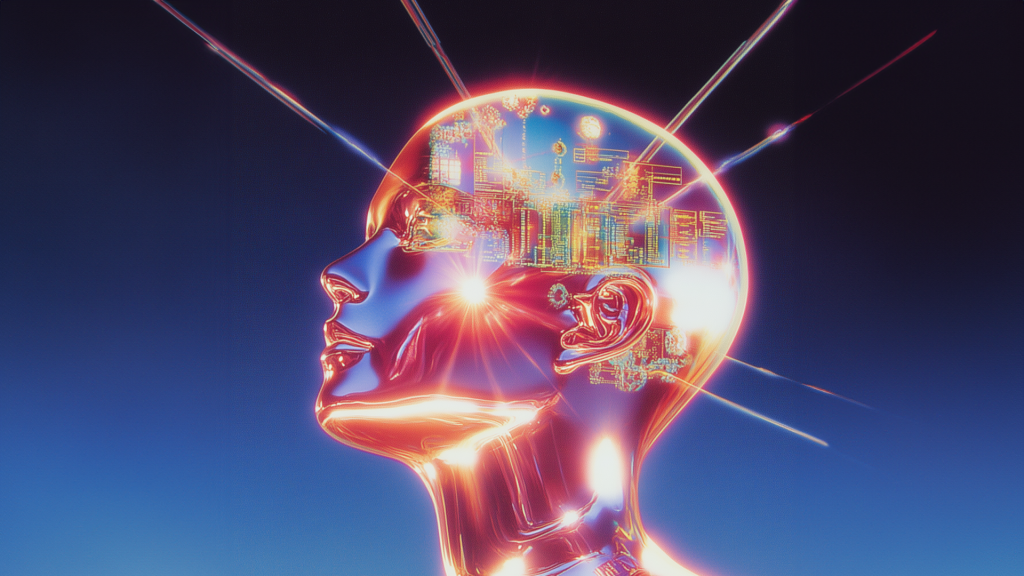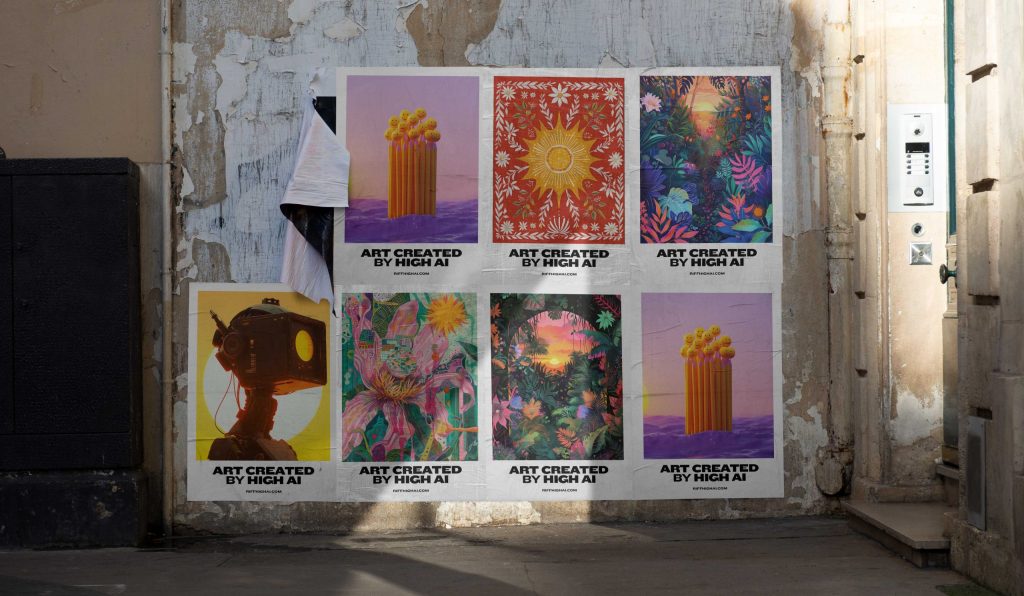By Alister Adams, Chief Digital Officer

Over the past few months, I have been asked to speak with many of our client marketing teams about Artificial Intelligence. When speaking to one of our client’s marketing teams, I was introduced as an “AI expert”… to which I corrected them that I am an “AI student” just like everyone else. We are all trying to learn and keep up with the seemingly daily changes to this new AI landscape.
That being said, I am blessed to work at Publicis, who have globally invested $435 million over the next three years in global AI partnerships with the likes of Adobe, Meta, Microsoft, Bria, Nvidia and OpenAI. Beyond partnerships, much of this investment is also into our people – giving us training and unlimited access to experiment and play with established and emerging AI tools. This has allowed us to experience AI in action first-hand – which is the only way I think you can really learn and understand new technologies and capabilities.
If I could summarize my thoughts on AI in marketing for CMOs, it would be as follows:
- You’re not as far behind as you think you are
When it comes to Artificial Intelligence in marketing – to use the old adage – “it is a lot like teenage sex: everybody is talking about it, nobody really knows how to do it, everyone thinks everyone else is doing it, so everyone claims they are doing it.”
Every CMO I speak to thinks they are behind the industry and their competition when it comes to incorporating AI into their marketing process and efforts. As such, everyone is looking for help. The most comforting thing I have told marketing teams is that they aren’t as far behind as they think they are. And it’s the truth.
According to a recent KPMG study1 – 81% of retail executives believe they must invest in Generative AI to stay competitive; but only 38% have a Generative AI solution of some sort in place.
2. AI enables creativity
We have already seen some fantastic examples of AI enabling creativity. Pedigree and Colenso BBDO just won the Cannes Outdoor Grand Prix for “Adoptable” which used AI to transform amateur dog photos taken by busy shelter workers into professional-grade studio images, and seamlessly integrating them into digital OOH geolocated to where that dog was sheltered and updating in real-time as the dogs were adopted.

Another example would be how we worked with Tilray’s RIFF brand to use AI to help customers pick between their various strains. We did this by transforming the formulas of RIFF’s most popular cannabis products – the strain, THC levels, terpenes, and plant type – into AI prompts. Then, when our AI was feeling it, we asked it to make us some beautiful posters with a sunset theme. So, customers could see a visual representation of the type of high they might enjoy.
3. AI delivers commoditized efficiency
What I mean by commoditized efficiency is being far more efficient with the necessary but most commoditized tasks in our industry – think lower-funnel content; product copy; stock image searches; repetitive code; digital, print and OOH resizes; Quality Assurance reviews; announcer radio; and the list goes on.
This is not to diminish the value of this work – it is important, business-driving work, but where creativity offers limited incrementality. For many of our clients, we have gotten AI to do 80%+ of this work. For a while now we have been using generative text, images, code and even generative audio for many of our clients who have approved for us to do so, using approved tools, and all within brand-safe sandboxes.
While AI’s efficiency may not be as glamorous as its creative potential, it addresses the biggest challenge our clients face: doing more with less. More content. More platforms. More personalization. More contextualization. More formats. More assets. All with less time, less people and tighter budgets.
4. Legal compliance remains the biggest challenge
The biggest barrier for many marketing clients is concerns from their legal and compliance teams. Many clients’ legal teams are ill-equipped to vet the commercial usage risk and liability that different AI platforms present.
Thankfully, our global team has done this hard work for us – providing us with an approved list of AI vendors for commercial use and associated legal guidelines. We have frequently solved the compliance concern for our by having Publicis taking on the legal liability for our AI-generated content.
5. People are scared for their jobs
While senior agency and client executives are focused on the opportunities AI presents; the day-to-day team members see things differently. The most common question and concern from marketing and agency team members seems to (understandably) be around job security.
Our short-term perspective is that AI will not result in less jobs; but rather the ability to now do all the things that our clients have always wanted to do but didn’t have the budget nor time to do them.
That being said, I obviously cannot say with certainty that AI won’t result in job losses in our industry. But what I do believe is that the most secure people will be the people that have invested the time and effort to embrace and become experts in AI. As Professor Richard Baldwin eloquently said, “AI won’t replace you, but the person using AI will.”
Additionally, this new AI reality has required us to create and train new roles in our agency such as prompt engineers and AI editors. One learning for us has been that there is not a universal AI prompting best-practice. Every platform has its own quirks and interpretation – the optimal generative image prompt for Dall-E is different than Midjourney is different than Bria. As such, we have had to develop unique prompt guides for our teams for each and every platform; whereas originally, we thought we would only need one.
In summary
My biggest recommendation to CMOs is to embrace AI and start somewhere. Begin experimenting with it in appropriate areas to drive greater creative enablement and efficiencies. Work with your internal, agency and production partners to put together an AI roadmap. The next few years are going to be exciting!
